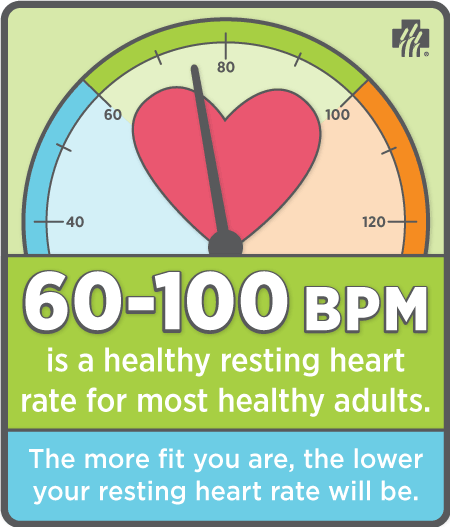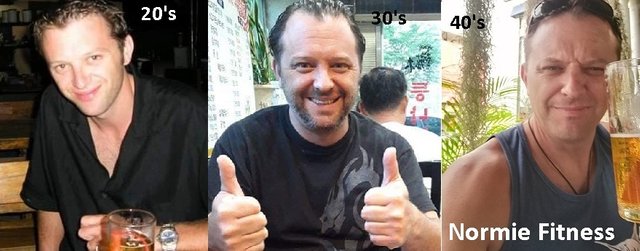What is a "good" resting heart rate?
The other day when I took a hike with a friend I was kind of alarmed at how quickly my heart rate shot up to around 140, which is the aerobic zone that I aim for when I am cycling or running in my normal routine. The incline that we faced was a big part of the reason why this fast walk was so taxing on my cardio but I did end up a bit concerned about the fact that once we were done my heart rate was still lingering around or even above 100 BPM when my friend was around 50.

src
Until I had my Garmin watch I wasn't actually aware of what my heart rate ever was but now that I have that thing glaring at me all the time I am always aware of my heart rate.
according to the above information, which honestly is too generic to be trusted, you are ok if your resting heart rate is within a very wide range of BPM's. I read into this a bit more and there doesn't seem to be a great deal of total consensus about what a "good" resting heart rate is. I do know that I recently tested a bunch of my friends and found out that most of them are in the 80-100 range with most people around 80-90.
Looking at other data it appears as though other information points to being near 100 as a rather bad thing.

src
This is a little concerning to me because I do actually put a reasonably high level of effort into physical activity yet my resting heart rate is rarely below 80BPM. I am in the 40-59 bracket by the way. I find it difficult to fathom that someone like me that gets an hour of exercise per day around 4-5 days a week ends up being below average but that seems to be the case according to this one website. Be fair to yourself though because the second chart comes from data compiled by by a group of athletes that are dedicated enough to the craft that they have multiple websites about it.
This next one is from the American Heart Association and they tend to get better results by looking at a wide range of people whether they are athletes or not.

src
There are many factors that can contribute to a higher resting heart rate such as stress, medication, heat, humidity, and of course, caffeine. Therefore the best time, according to experts is to check your resting heart rate not right after you just sat down but rather right when you wake up in the morning and have not yet consumed anything or moved around too much.
Once you determine this, and I found that my actual resting heart rate when I am properly resting and even asleep (thanks Garmin) my heart rate is more in the high 50's or lower 60's. This made me feel good because that puts me in the "good" to "excellent" range.
I suppose the important thing to consider if you are in the "bad" section of the charts is to find out what it is that you can do to change this and this is something I will get into in greater detail in the future. Obviously it is going to involve diet and exercise so get ready to find out that there is, just like in most things in life and especially in fitness, any sort of magical shortcut. As I say many times when I talk to people my age about achieving "normie fitness"... you gotta put in the work and find some level of discipline.

I was headed down a bad path in my late 30's, which is the middle picture above. But i turned things around by making gradual and permanent changes to my lifestyle. It wasn't even that hard but you have to realize that this isn't going to be effortless and you have to stick with some sort of program.